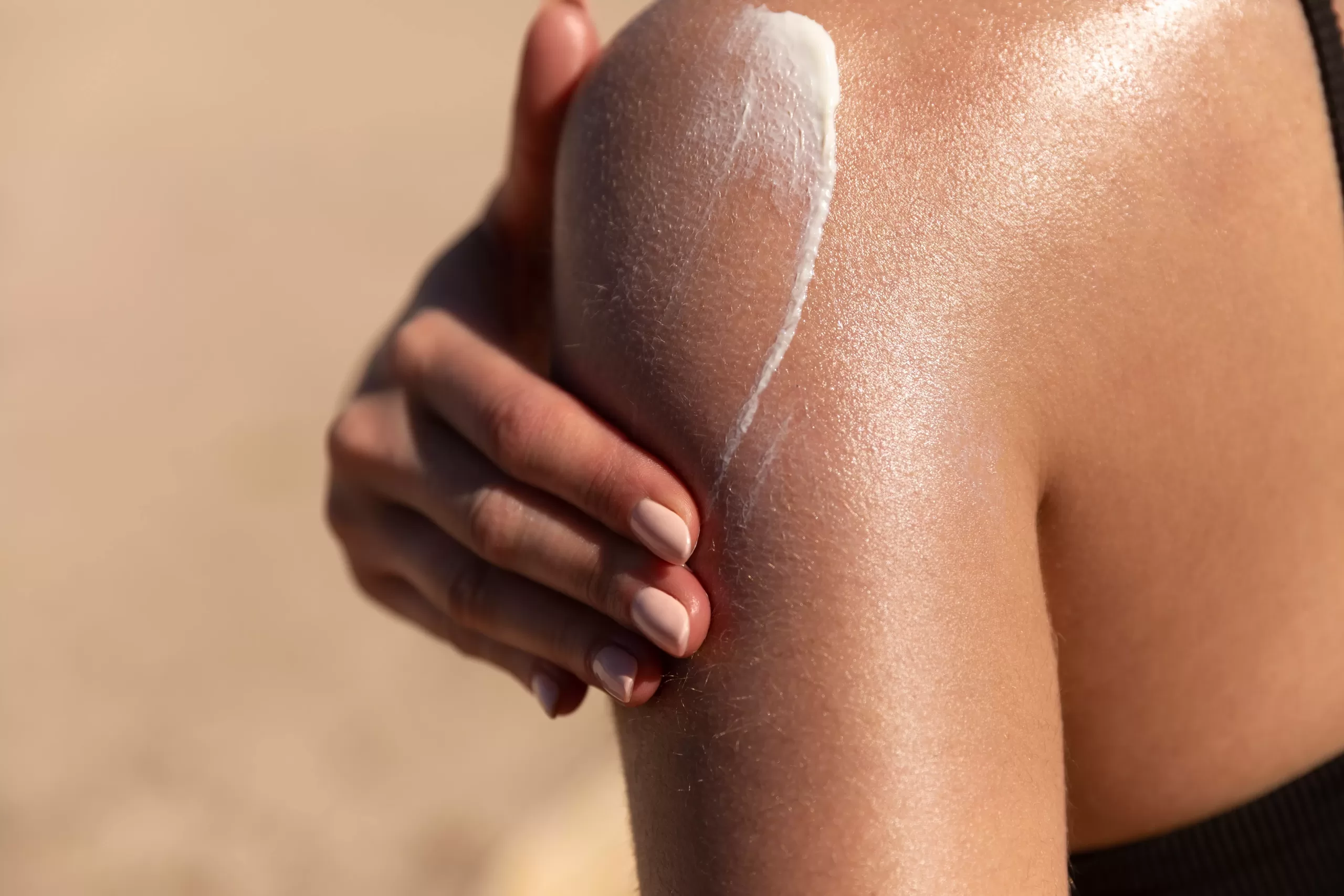Hydration, Sun Safety, and Tick Awareness: Why These Summer Habits Matter
As summer temperatures rise and outdoor time increases, it’s important to stay ahead of common seasonal health risks—especially in long-term care settings and when supporting individuals with intellectual and developmental disabilities. At Hudson Regional LTC Pharmacy, we believe small, consistent habits can make a big difference. Hydration, sun protection, and tick awareness are three summer essentials that help keep everyone more comfortable, safe, and supported.
Hydration: The Foundation of Summer Wellness
Dehydration is one of the most common warm-weather risks, and it can happen faster than people realize. Individuals who take certain medications may be more sensitive to heat, or may not communicate discomfort easily, recognizing the signs of dehydration is especially important. These signs can include:
- Dry lips or mouth
- Fatigue or confusion
- Less frequent urination
- Dark-colored urine
- Dizziness or headaches
To prevent dehydration, it helps to make hydration part of the daily routine. Offer water throughout the day, even when indoors. Use cups or bottles that are easy to grip, and encourage water breaks before, during, and after time outside. Incorporating water-rich snacks like cucumbers, oranges, or watermelon can also add variety and extra hydration.
Sun Safety: More Than Just Sunscreen
It doesn’t take a beach day to get sunburned. Short walks, van rides, or time spent near a sunny window can cause skin damage. For individuals who may not feel or express sunburn symptoms right away, prevention is key.
Here are some practical sun safety tips:
- Use a broad-spectrum sunscreen with SPF 30 or higher
- Apply it 15 minutes before going outside
- Reapply every two hours, or more frequently if sweating
- Protect commonly missed areas like ears, necks, hands, and the tops of feet
Wearing hats, light long-sleeved clothing, and seeking shade during peak hours can also help reduce UV exposure.
Tick Awareness: A Hidden but Serious Risk
Ticks are most active during warmer months and are often found in grassy or wooded areas. While small, they carry serious health risks such as Lyme disease. Anyone spending time outdoors should be aware of their surroundings and do quick checks after returning inside.
Tick prevention strategies include:
- Wearing long pants and socks in tall grass
- Using insect repellent where appropriate
- Checking clothing and skin (including behind ears and knees) after outdoor time
- Washing clothes right away after outdoor activities
A Summer Routine That Works
Hydration, sunscreen, and tick checks might seem like small steps, but they add up to a healthier and safer summer for everyone. Whether you’re supporting someone in a group home or managing your own well-being, these habits help create comfort, reduce preventable issues, and allow more time to enjoy the season.





